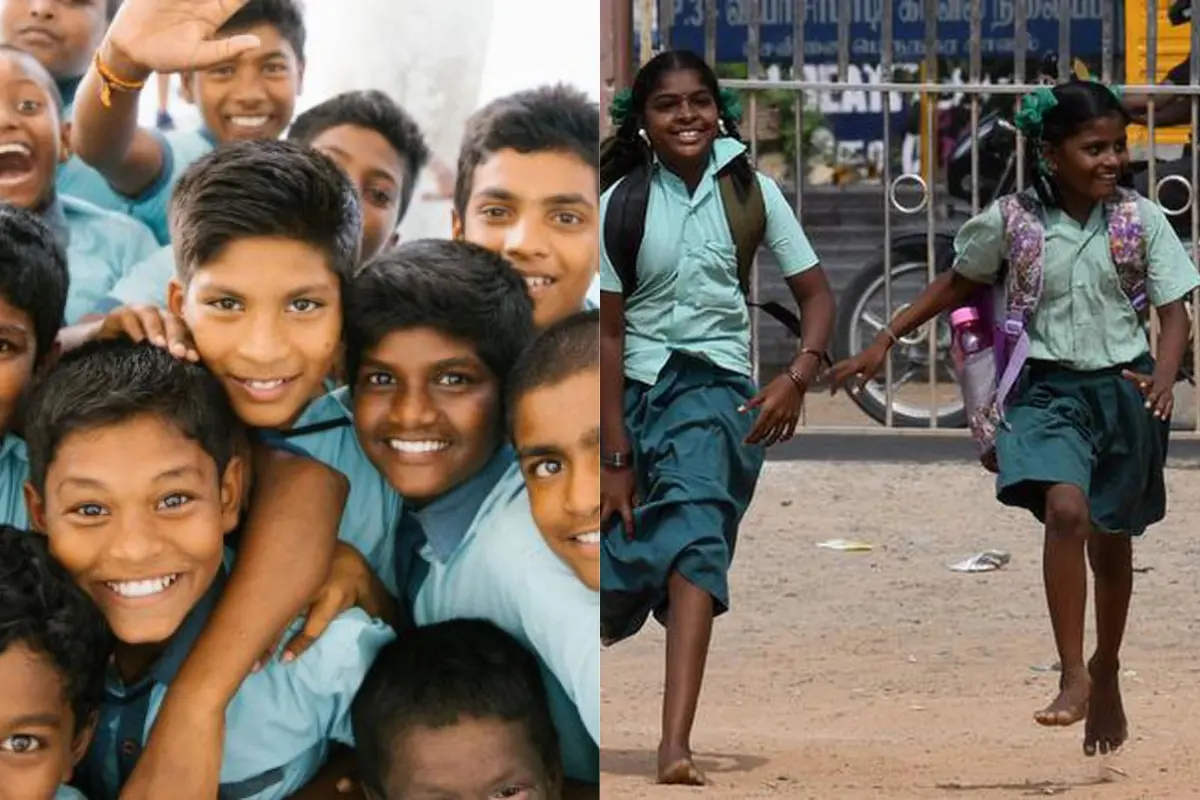NCERT: According to NCERT, students from Tamil Nadu have the highest percentage of students who lack the most basic numeracy skills, followed by Jammu and Kashmir, Gujarat, and Assam. Students from these areas frequently fail to complete the most basic grade-level assignments, such as addition, subtraction, and number identification.
Also read: KEAM Rank list 2022: Vishwanath Anand tops in Engineering
Students from states such as Bihar, West Bengal, Jharkhand, Uttarakhand, and Himachal Pradesh, on the contrary hand, have the highest number of students who have sufficient knowledge and have already developed superior knowledge and skill to complete complex grade-level texts.
The data has revealed that about 11% of the students lack basic skills and 37% are the one who belongs to the category that says “learners have limited knowledge and skills and they can partially complete basic grade-level tasks”.
In the national benchmarking report for ‘oral reading fluency with reading comprehension and numeracy 2022,’ The Authority’s study is intended to provide reliable and valid data on grade 3 students in order to better understand their ability in foundational literacy and numeracy.
This foundational learning study included approximately 86,000 students in grades 3 from 10,000 state government schools, government-aided schools, and central and private schools. The study was conducted in 20 languages that are frequently used in the respective states for communication.
Malayalam, Tamil, Assamese, Bodo, English, Bengali, Kannada, Khasi, Gujarati, Hindi, Garo, Konkani, Marathi, Punjabi, Odia, Manipuri, Mizo, Urdu, Telugu, and Nepali were some of the languages spoken.
The authorities included tests such as number discrimination, number identification, multiplication, subtraction, addition, fractions, identifying patterns, and comprising shapes and numbers to test the students.
Also read: Nirankar Exhibition: Asia’s biggest fashion show 2022 kicks off in the presence of Urvashi Rautela
Keep watching our YouTube Channel ‘DNP INDIA’. Also, please subscribe and follow us on FACEBOOK, INSTAGRAM, and TWITTER.












